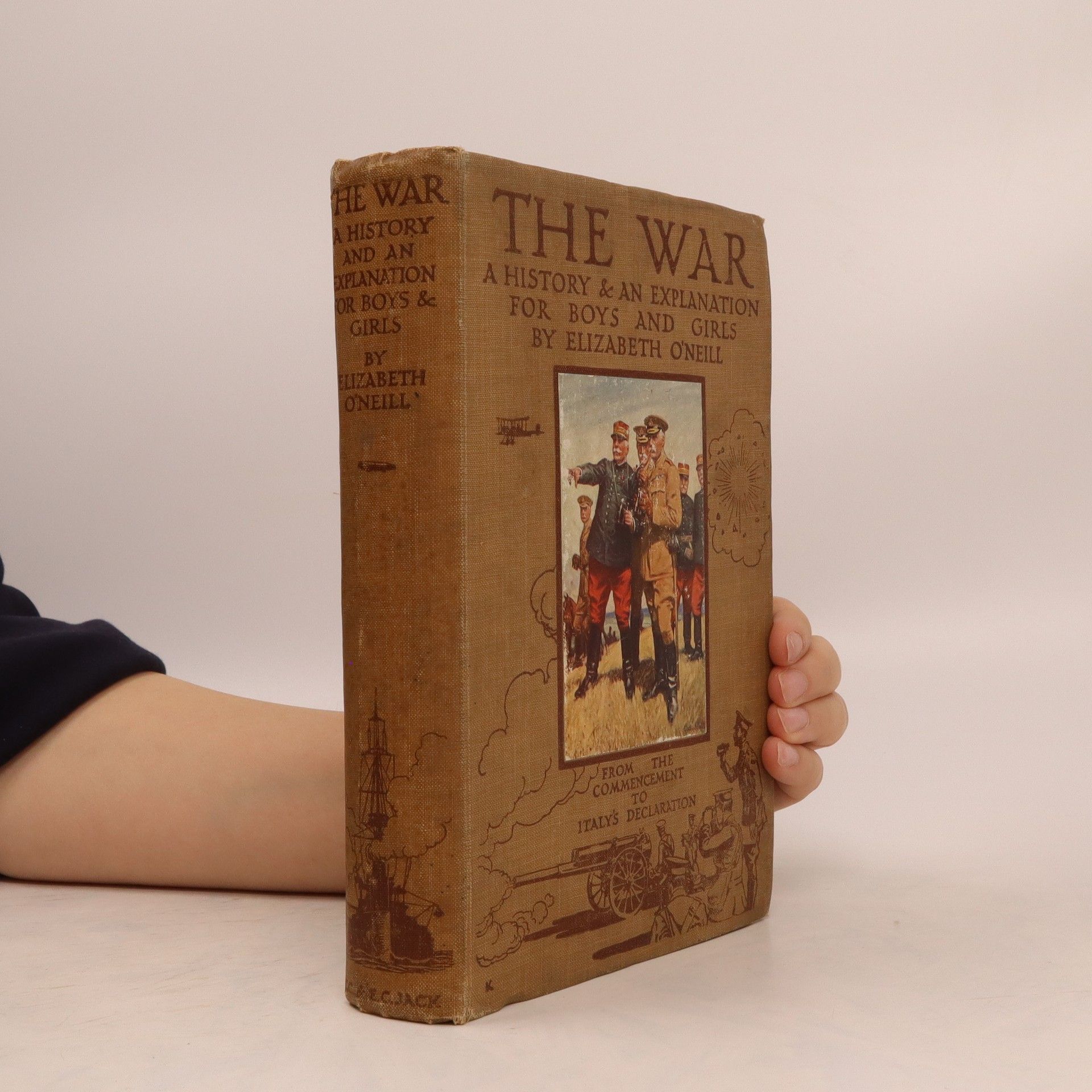Elizabeth O'Neill Book order (chronological)
Elizabeth Speakman O'Neill authored several children's history books, aiming to make the past accessible to young readers. Her works often appeared in series designed for a broad audience, presenting historical events and figures in an engaging and understandable manner. She focused on clarity and narrative, striving to ignite a passion for history in her young audience. Her approach simplified complex historical topics, making them digestible for children.
